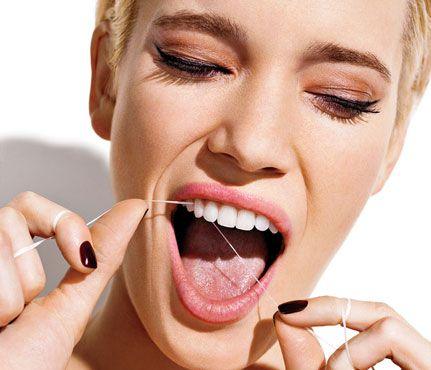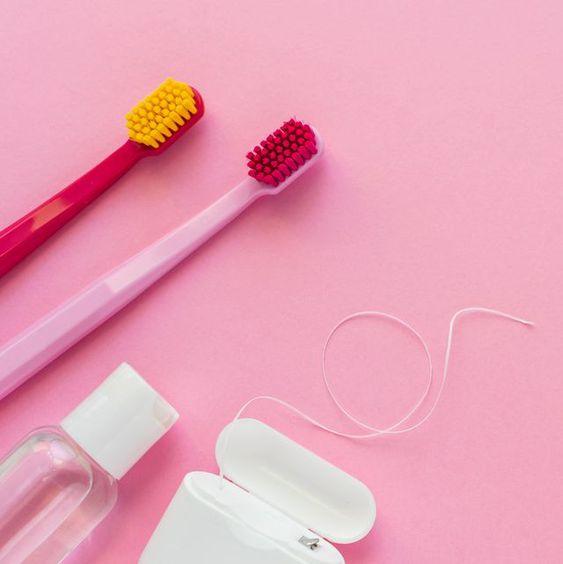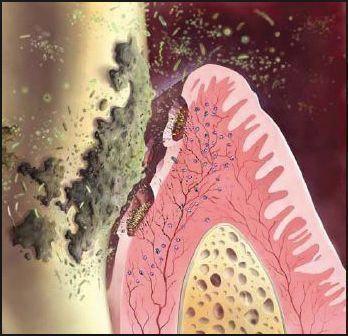There are two types of people in this world, flossers and non-flossers. Often at your dental appointments we will discuss your oral hygiene routine and encourage you to floss. There are some misconceptions out there on flossing and we are here to clear them all up.
Flossing makes your gums bleed

People can often become deterred as they begin to floss if their gums begin to bleed. Please be aware though that this is actually a sign we need to floss more. The reason your gums may bleed can be due to plaque, bacteria or calculus harboring between your teeth which results in inflammation of the gum. If you are consistent with flossing, the inflammation/bleeding will subside within 1-2 weeks.
I use mouthwash everyday so don’t need to floss

When it comes to your everyday mouthwash, there is nothing it can do that good brushing and flossing can’t. Mouthwash should never be used as a substitute for brushing or flossing. You need the physical removal of plaque from the gums in order to keep them healthy. If you have bad breath or suspect that you have gum disease, mouthwash can’t cure the underlying causes. It’s also important to note that if you do insist on using mouthwash, never use is after brushing as you will wash away the benefits of your toothpaste.
Flossing provides no benefit to health of my teeth

There has been some hype out in the media lately that flossing isn’t necessary. Put simply, this is misinformation. Never flossing or interdental cleaning will eventually lead to gum disease and dental decay. The bacteria that cause these issues hide between your teeth in pockets under the gum, meaning the only way to remove it is through floss.
Once gum disease has established in the mouth it becomes a completely different story. Gum disease results in inflammation of the gingival tissues, loss of bone that support the teeth and eventually tooth loss. Gum disease is also known to influence systemic conditions such as Diabetes, Heart disease and Alzheimer’s. Still think it’s OK not to floss?
At Dentalspa our hygiene department focuses most of their treatments on preventative dentistry. Preventative dental care is for everyone, from children to adults. If it’s been a while or you’re due for your routine check up and clean, contact us so when can get your mouth as healthy as it can be.
By Ashleigh Lilly
Return to blog

